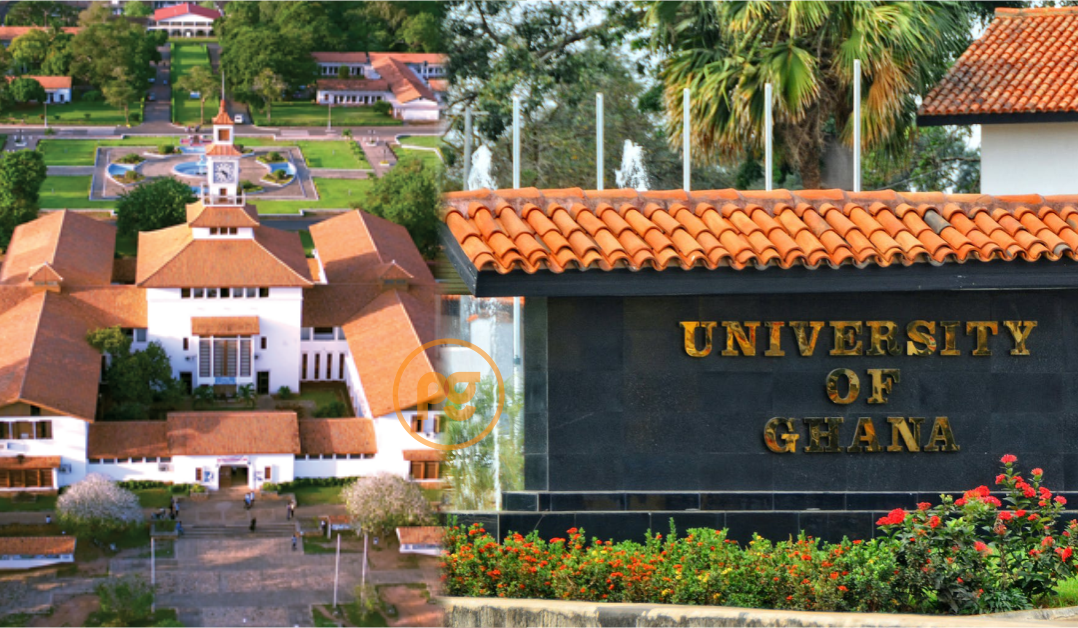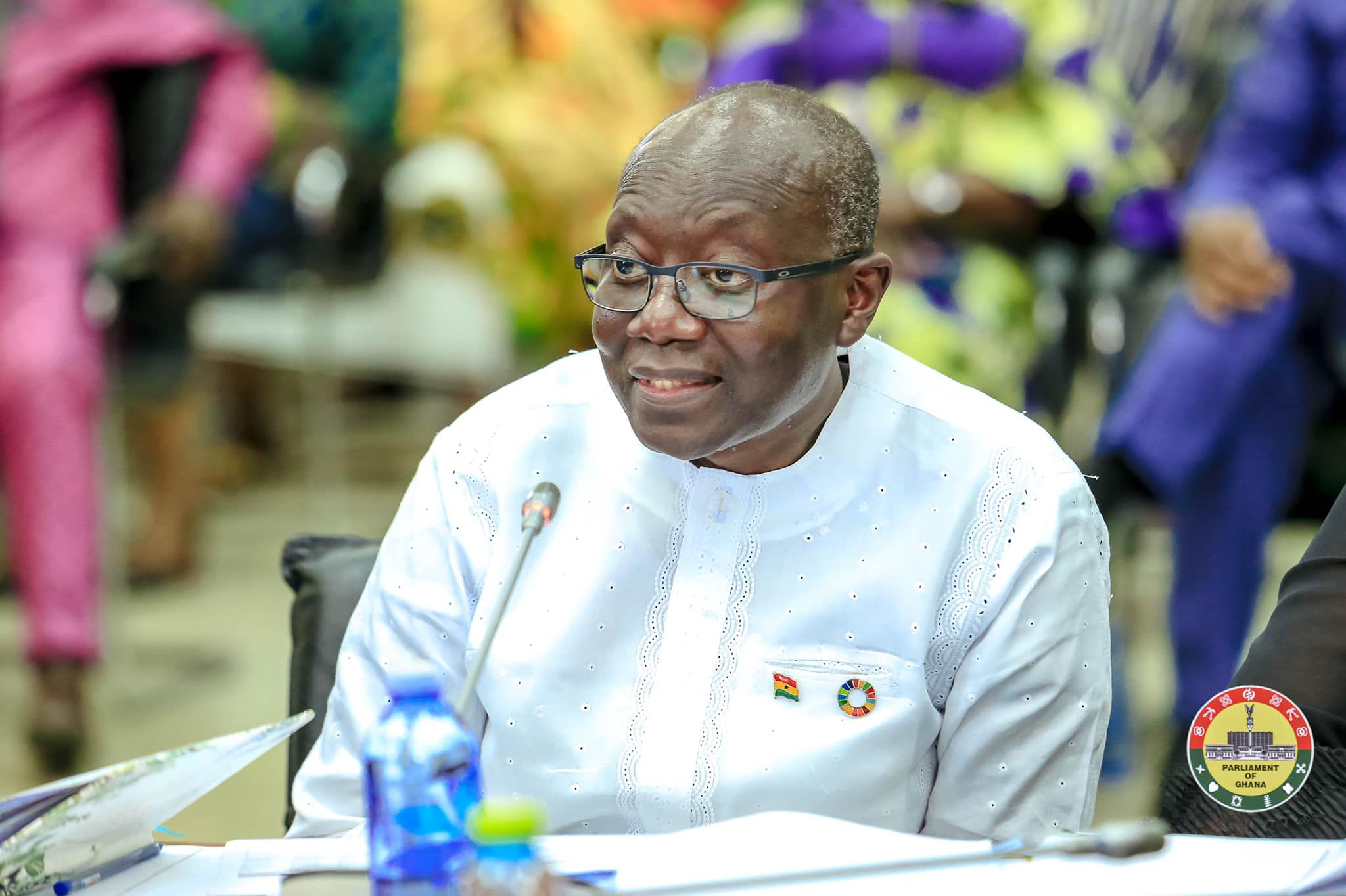
By Peter Martey Agbeko, APR
Gold smuggling from Ghana has become an open secret, with most of the illegal trade reportedly flowing by air to destinations like Dubai and India.
This shadowy operation is bleeding the country dry—not only of its precious resources but also of vital revenue that could otherwise be channeled into national development.
Yet, despite its devastating impact, the fight against this illicit activity remains half-hearted, especially when it comes to passenger and baggage security at the airport.
It is believed that powerful figures, the proverbial “big fish,” are involved in these dealings, creating a dangerous culture of impunity and a worrying gap in the nation’s fight against illegal mining, or galamsey.
Gold Smuggling and Its Impact on Ghana
Ghana is Africa’s leading gold producer, contributing significantly to the national economy. However, the growing tide of illegal gold mining and smuggling is posing a serious threat to the country’s financial stability.
A large portion of gold mined under dubious circumstances, often through galamsey operations, never passes through official channels. Instead, these precious metals are spirited out of the country through underhanded means, often by air, to markets in the Middle East and South Asia.
Dubai and India have become prime destinations for Ghana’s smuggled gold, largely due to their demand for raw gold and relatively loose trade regulations.
The revenue loss from this illicit trade is staggering. Ghana is estimated to lose billions of dollars annually due to gold smuggling, depriving the government of much-needed tax revenue and foreign exchange.
The UK government has expressed deep concern over the increasing rate of gold smuggling in Ghana, highlighting the severe impact it has on the country’s revenue generation. According to estimates, Ghana loses approximately $2 billion annually in tax revenue due to smuggling and illegal gold operations.
In 2022 alone, 60 tonnes of gold worth an estimated $1.2 billion were smuggled out of the country through illegal channels, at the height of Ghana’s economic crisis. Imagine the economic boost had that gold remained within the country’s economy!
The Loopholes at the Airport
Accra’s Kotoka International Airport (KIA), the country’s primary air travel hub, plays a key role in this gold-smuggling pipeline. The sheer scale of operations raises concerns about the effectiveness of passenger and baggage security scanning processes.
While there are sophisticated scanners and procedures in place, they may not be fully leveraged to stop gold smuggling. In many cases, reports suggest that these systems are deliberately bypassed or glossed over when powerful figures or well-connected individuals are involved.
Smuggling operations involving large amounts of gold cannot happen without a network of facilitators. From corrupt officials to complicit airport personnel, these illegal dealings are enabled by a culture of secrecy and complicity. The belief that “big fish” are involved feeds into this narrative, further eroding public confidence in the systems meant to protect Ghana’s wealth.
The Need for Enhanced Security Measures
To curb gold smuggling, a holistic approach to improving airport security is necessary. This includes the installation of more advanced scanners, stricter baggage inspections, and heightened scrutiny of passengers who may be engaged in suspicious activity.
Customs officials should be provided with the training and tools to detect concealed gold, whether it’s in luggage, clothing, or other forms of transport.
Beyond technical improvements, there is a need to tackle the human factor. Corruption within the airport system must be rooted out.
Key players, including security personnel, customs officials, and ground staff, should be regularly vetted to ensure they are not colluding with smugglers. Whistleblower protections could also be strengthened to encourage individuals to come forward with information about smuggling operations without fear of retaliation.
Linking the Fight Against Gold Smuggling with Anti-Galamsey Efforts
The illegal mining (galamsey) crisis and gold smuggling are two sides of the same coin. While much attention is rightly given to addressinggalamsey, which is ravaging the environment and local communities, the fight is incomplete without targeting the export channels for smuggled gold.
Ghana’s efforts to curb illegal mining will be undermined as long as there are buyers for unregulated gold abroad, and lax airport security enables the illegal flow.
The government’s current strategies for fighting galamsey—including military operations and crackdowns on illegal miners—must be coupled with robust measures at the airport to prevent the smuggling of gold. Only by addressing both supply and demand can Ghana hope to effectively tackle this crisis.
Strengthening international cooperation, particularly with countries like the UAE and India, to trace and verify the source of gold could also prove essential in curbing this trade.
A Game-Changing Solution: Ghana Gold Board (GoldBod)
Recognising the urgent need to combat gold smuggling, the Ghanaian government has introduced the Ghana Gold Board (GoldBod) to regulate the gold sector, curb smuggling, and promote responsible gold trade.
Through the UK-Ghana Gold Programme, GoldBod is working closely with the Economic and Organised Crime Office (EOCO) to stop gold smuggling at key entry points like Bole.
Additionally, GoldBod is collaborating with the Precious Minerals Marketing Company (PMMC) to enhance pricing mechanisms, introduce pre-financing options, encourage whistleblower reporting of smuggling, and adopt responsible sourcing practices aligned with London Bullion Market Association (LBMA) certification.
To further support this vision, the government will fund GoldBod to purchase three tonnes of gold every week, strengthening Ghana’s foreign exchange reserves. Moreover, as part of the 2025 Budget, the government plans to abolish the 1.5% withholding tax on unprocessed gold, a move aimed at encouraging more legal gold trade and boosting economic growth.
A Major Breakthrough: GoldBod Security Taskforce Makes Key Arrests
The crackdown on illegal gold trading has begun to bear fruit. In a significant development, thee suspected gold smugglers—Goutam Katriya (35), Miraj Sarvaych (22), and Manash Damani (42), all Indian nationals—were arrested by the GoldBod Security Taskforce.
Operating under the company name Unique MM, allegedly fronted by a Ghanaian named Musah Salifu, the trio was apprehended at a private residence near Atinga Junction in Kumasi that had been converted into an illegal gold trading centre.
Acting on a tip-off from a patriotic whistleblower, security forces moved in to arrest the suspects, who were reportedly purchasing gold at black market rates with the intention of smuggling it out of the country.
They were arraigned before the Achimota Circuit Court on April 28, 2025, and have been remanded into custody for two weeks.
Chief Superintendent Osman Alhassan, Director of Investigations at National Security, revealed during a press briefing that substantial evidence was recovered, including GH¢1.9 million, 4,500 Indian rupees, 4.363 kilograms of gold, two counting machines, a CCTV recorder, and an Indian passport.
Investigations have confirmed that none of the suspects held a valid license to buy or trade gold in Ghana, nor could they provide proof of a residence permit, work authorization, or tax compliance.
Further investigations suggest that Musah Salifu is merely a local front for Goutam Katriya, the real controller of Unique MM. Superintendent Alhassan issued a stern warning: “This arrest is only the beginning of GoldBod’s ruthless war against illegal gold trading and gold smuggling. We know that the arrested suspects smuggle gold through unapproved border points into India. This has serious negative consequences for the Ghanaian economy.”
The suspects remain in the custody of the National Intelligence Bureau (NIB) until their next court appearance on May 12, 2025.
New Directives from GoldBod
In a press release dated April 23, 2025, GoldBod reiterated its directive that all foreigners in the gold trading sector must exit the market by April 30, 2025.
The statement also emphasised that all gold transactions must be conducted in Ghana cedis and at the Bank of Ghana Reference Rate. Any breach of these directives will constitute a punishable offence under the newly enacted GoldBod Act, 2025 (Act 1140).
A Call for Holistic Reforms
Stopping or significantly reducing the gold smuggling trade will not happen overnight, but a firm commitment to holistic reforms can yield results.
A transparent review of current airport security protocols is necessary, alongside better enforcement of laws governing the gold trade. Public awareness campaigns about the damaging effects of gold smuggling on the economy could also create social pressure against those engaging in this illegal activity.
It is high time Ghana’s leaders and airport authorities prioritize this issue, not only to protect the country’s resources but also to restore faith in the systems meant to safeguard them.
Smugglers should no longer be able to board flights with illicit gold in their bags while the nation’s coffers run dry. Through stronger security measures, strategic reforms like GoldBod, and more determined political will, Ghana can begin to turn the tide on both gold smuggling and galamsey—ensuring a brighter, more sustainable future for all.
The post The silent exodus: How gold smuggling is undermining the economy appeared first on The Business & Financial Times.
Read Full Story


















Facebook
Twitter
Pinterest
Instagram
Google+
YouTube
LinkedIn
RSS